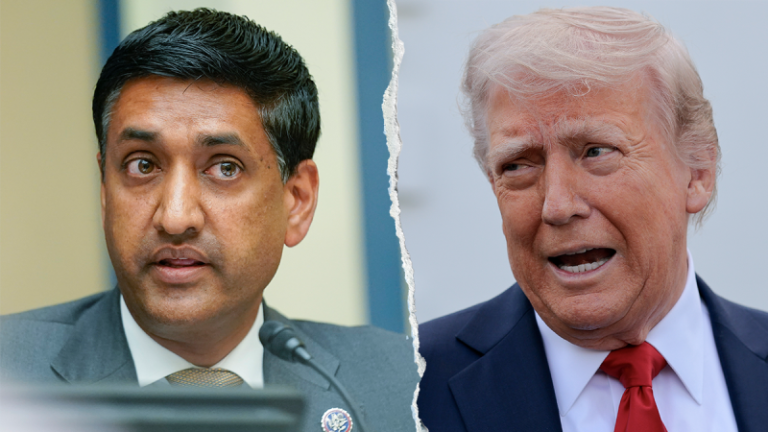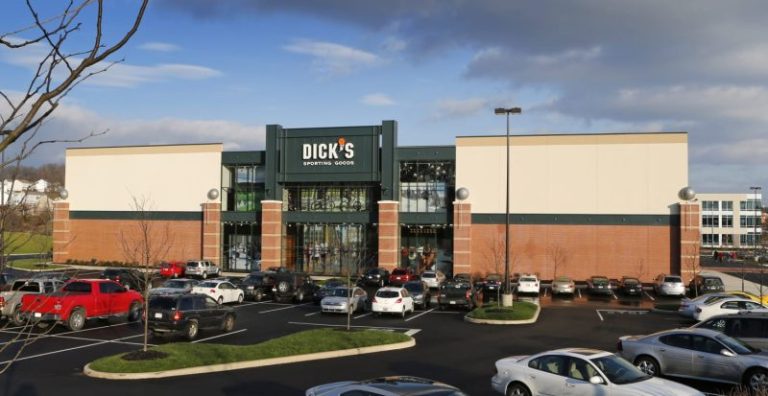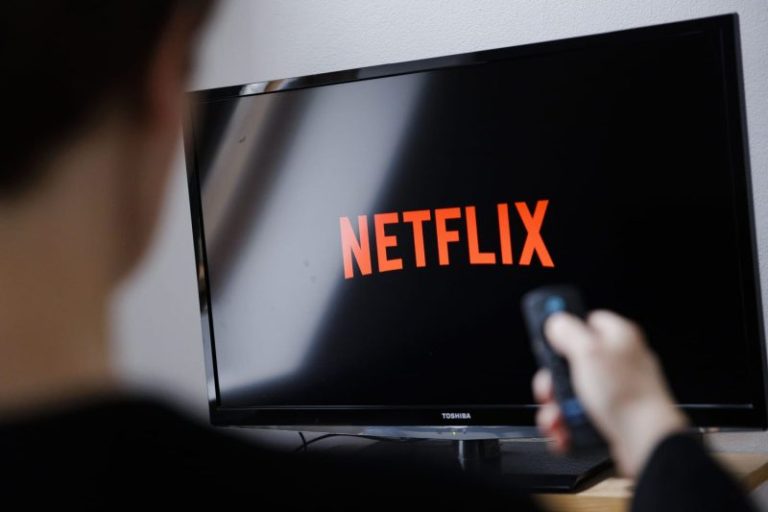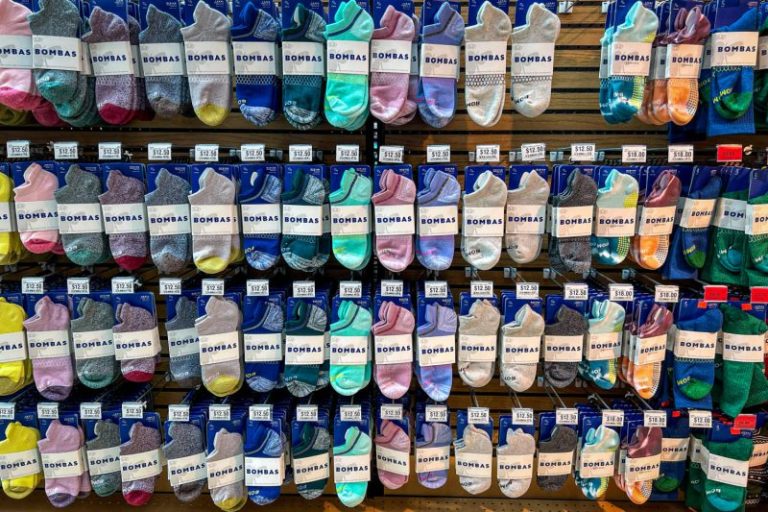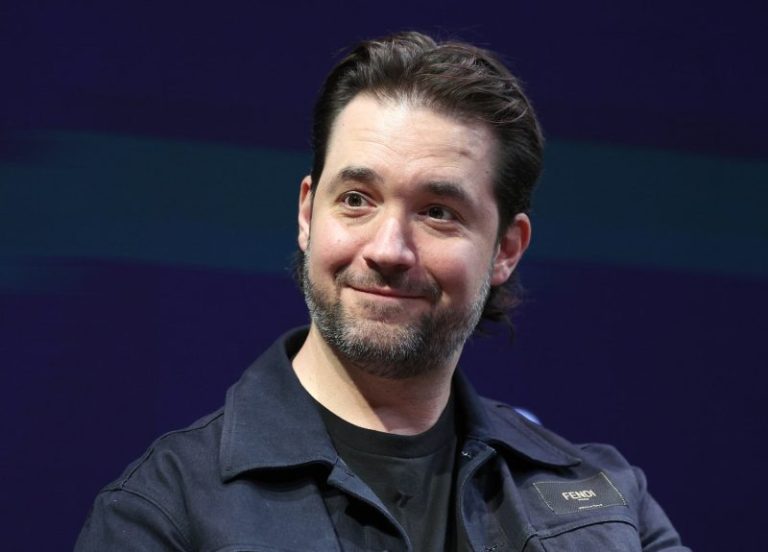While Rep. Ro Khanna, D-Calif., has been a vocal opponent of President Donald Trump’s tariff and deportation policies, the president’s latest executive order targeting prescription drug prices inspired the Silicon Valley congressman to trade political disses for diplomacy.
Khanna proposed legislation on Wednesday to codify Trump’s executive order aimed at lowering drug prices, and the Democrat is urging his Republican colleagues to follow his lead, reaching across the aisle to deliver for everyday Americans.
‘President Trump’s executive order says that Americans should pay the least price. We should not pay any more than people are paying in countries overseas. Then, it gives the Cabinet secretaries the ability to go after Big Pharma companies that are price-gouging. Now, he tried something similar in his previous administration. Big Pharma sued him, it got tied up in courts, nothing happened. That’s why we need Congress to act. I have introduced something that codifies President Trump’s language, and I’m hoping we get a Republican co-sponsor,’ Khanna told Fox News Digital in an exclusive interview.
As Democrats search for party unity after losing the White House, the Senate and failing to regain the House of Representatives last year, Democrats have gravitated toward an outright rejection of the Trump administration, as depicted through ongoing protests. Khanna, however, said he does not mind if Trump ‘gets a political win’ if it benefits the American people.
‘If Donald Trump says that’s something that’s good for the American people, I’m not going to oppose it just for political points,’ Khanna said.
Khanna is considered a potential 2028 presidential candidate and, like many ambitious Democrats, has crisscrossed the United States this year, bringing his vision for America to the national conversation. Gov. Gretchen Whitmer, D-Mich., also expected to harbor 2028 ambitions, faced some flack within the party this year for engaging directly with Trump to deliver for Michiganders.
‘If Donald Trump has a good idea that’s going to help the American people, we should work with him. If we have a philosophical disagreement, we shouldn’t. But the barometer for me, the test case is, is this helping people? Is this something that I think is going to help this country? Where I have philosophical disagreements, I speak up. But when I think that it is good legislation, I am willing to support him. And I don’t care, like some people, if he gets a political win. So much of politics is, ‘Oh, we don’t want to give the other side a political win.’ For all I care, he can have a great political win if the American public gets lower drug prices,’ Khanna told Fox News Digital.
While Khanna said he has not communicated with Trump directly about codifying his executive order, he delivered a now-viral House floor speech Wednesday, urging his Republican colleagues to join the bipartisan effort to lower prescription drug prices.
‘Are you on the side of the people, or are you on the side of the $16 billion in Big Pharma lobbyist money that was spent last year? My legislation, there’s no trick to it. It is President Trump’s idea, President Trump’s executive order, President Trump’s language into law. Every Republican should support this, and every Democrat should,’ Khanna added.
Ahead of Trump’s executive order signing, Khanna affirmed his support for lowering drug prices, reminding Americans that he proposed similar legislation alongside Sen. Bernie Sanders, I-Vt., with the same goal in mind.
‘I just don’t understand why any Republican wouldn’t support this. It’s President Trump’s executive order, and every American agrees that prescription drug price costs are too much, that it’s so unfair that Americans are stuck with all these high bills when other countries are paying pennies on the dollar for their drugs. It’s time that Americans be treated fairly,’ Khanna said.
As Khanna, who was a surrogate for then-President Joe Biden’s re-election campaign in 2024, finds common ground with the current administration, he told Martha MacCallum on ‘The Story’ Wednesday that Biden should not have run in 2024.
‘I do think it’s important that, given what has come out, that we take accountability,’ Khanna said. ‘Obviously, he should not have run. We should be clear to say that. Obviously, there should have been an open primary. And, I don’t think that’s very difficult that Democrats should just be straight up that he should not have run, now that we have all the facts. There should have been an open primary. I think to move on and move forward, it’s important to take accountability and be straight-forward with the American people.’
While Khanna said he did not have the full picture of Biden’s health and mental acuity when he defended him before the disastrous debate performance, Khanna admitted, ‘We should be honest as a party that we made a mistake.’

